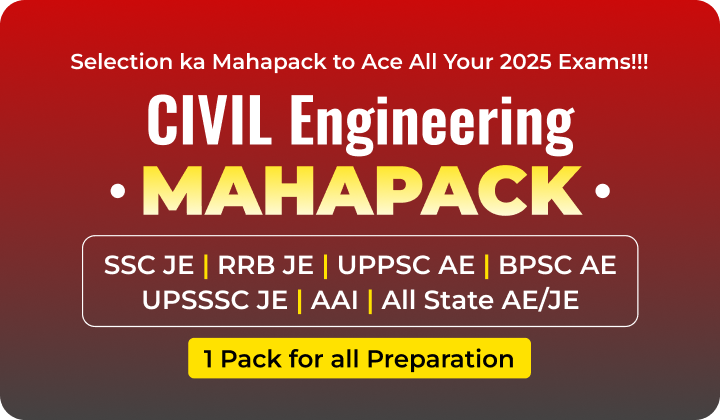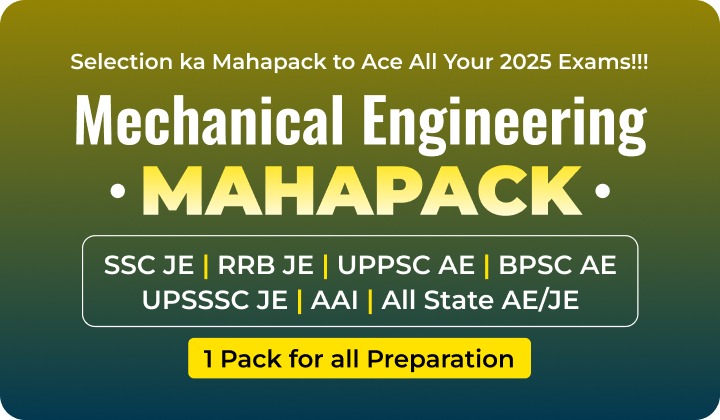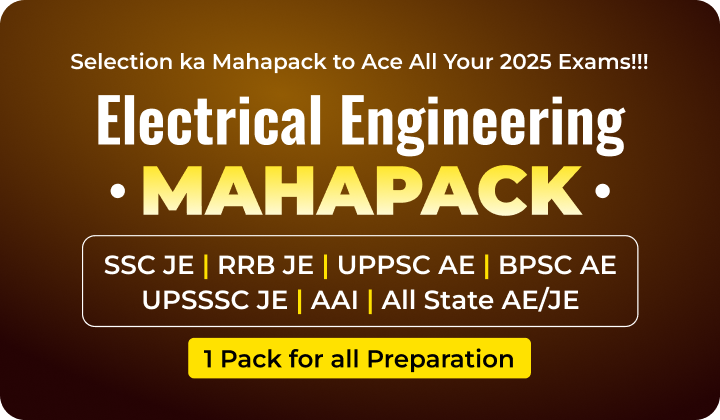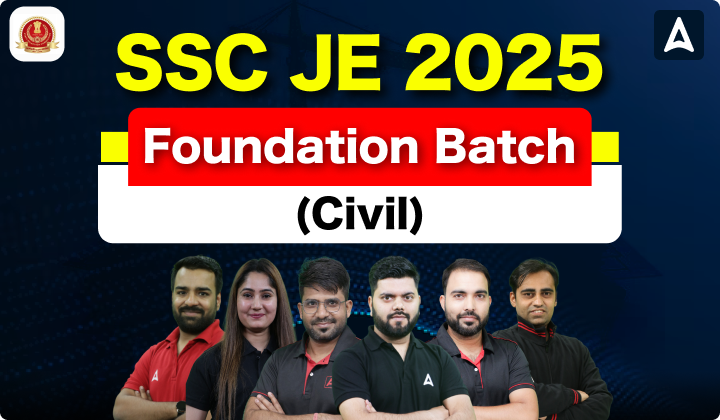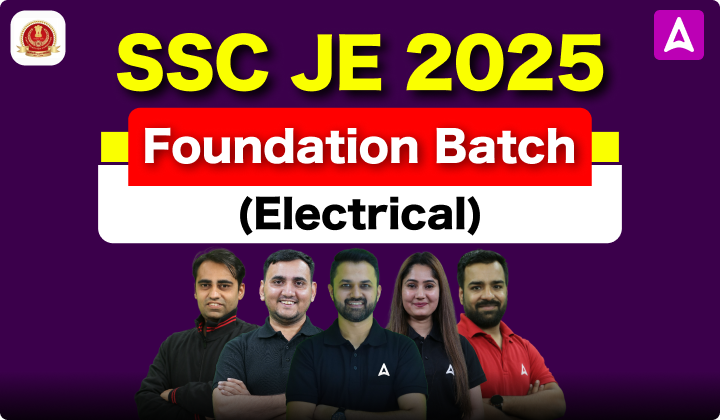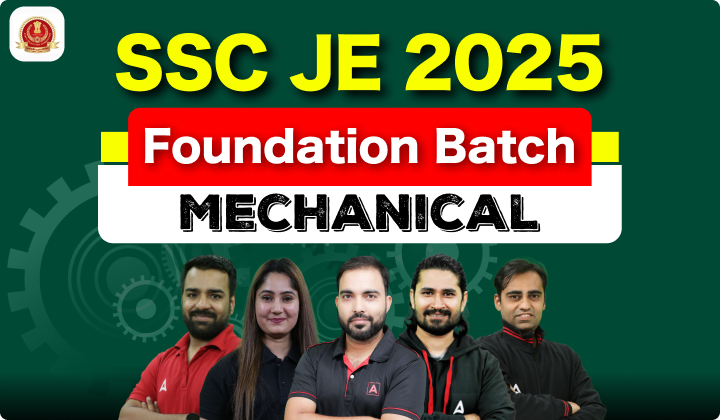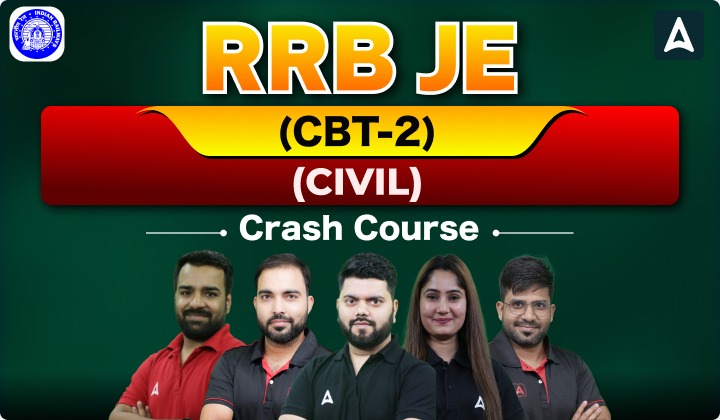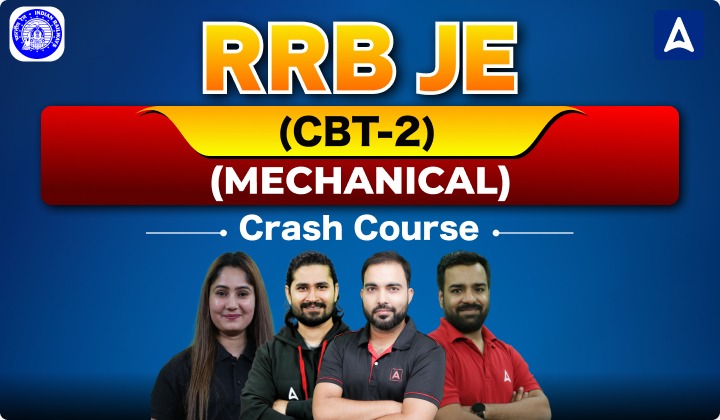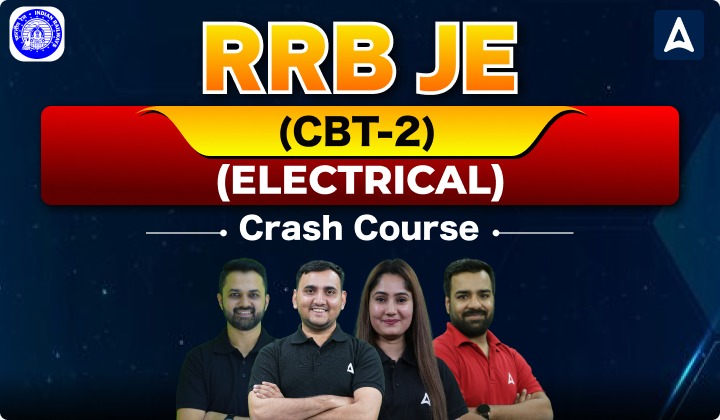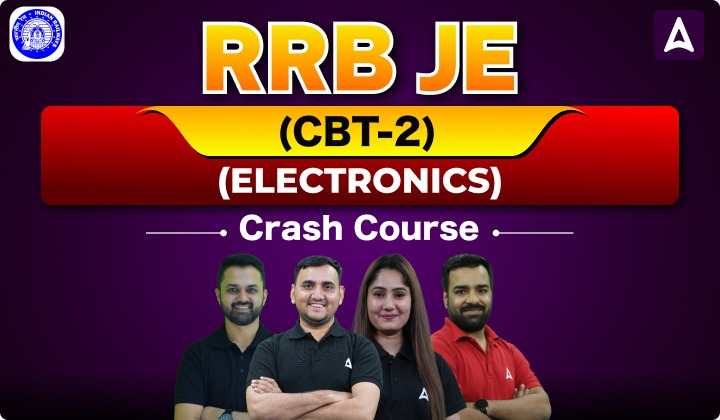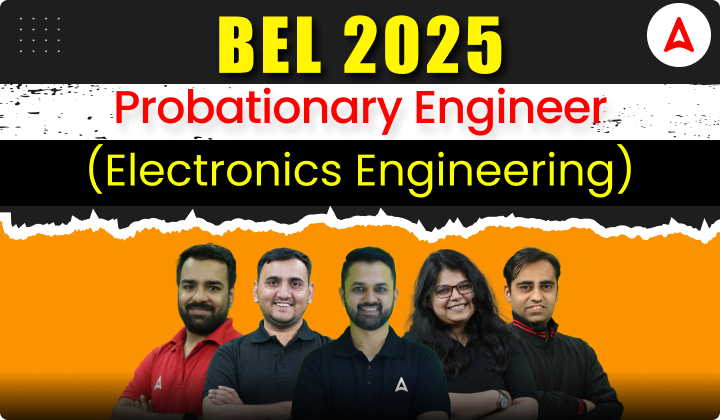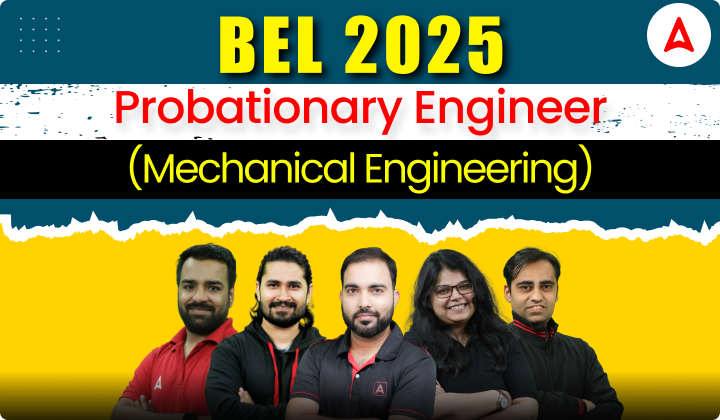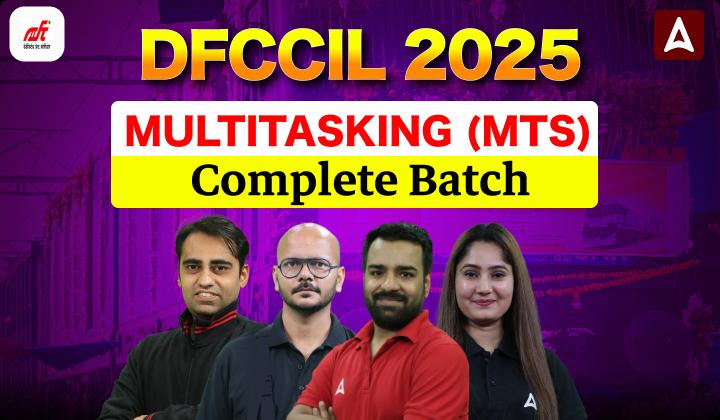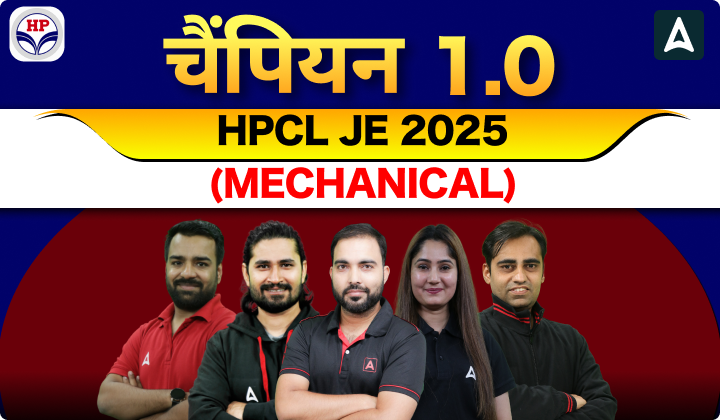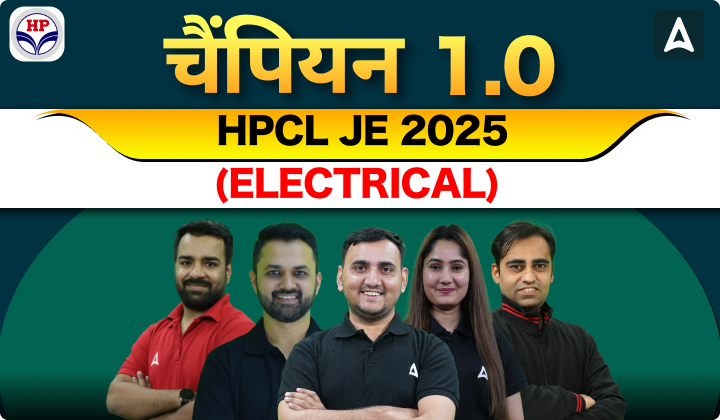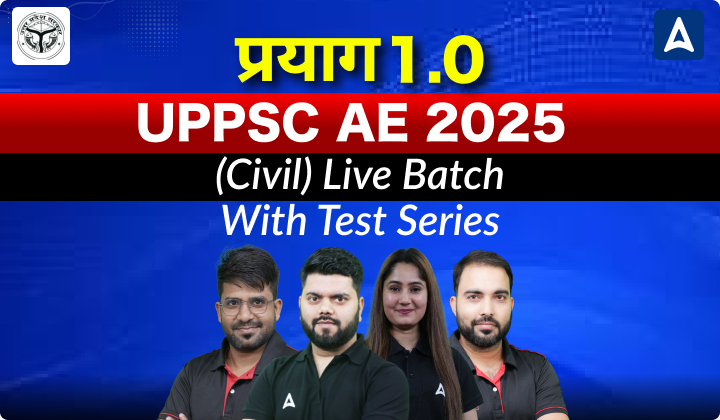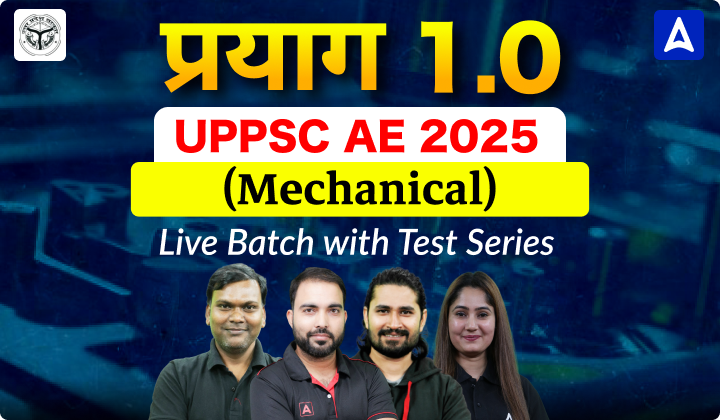Table of Contents
UPPCL JE Syllabus 2022
Uttar Pradesh Power Corporation Limited has announced 25 vacancies for the posts of junior engineer in civil engineering discipline through UPPCL JE Recruitment on the official website @upenergy.in. The notification was out on 11th March 2022 and the last date to apply online for this recruitment is 18th April 2022. The Exam for this Recruitment would be conducted tentatively in May 2022. The candidates who clear this exam would have to appear for document verification process. To clear this exam, the candidates shall know the exam pattern and syllabus of UPPCL Junior Engineer. In this article, we have provided the detailed exam pattern and syllabus for UPPCL JE Civil Engineering. The aspirants shall read the full article and must bookmark this website for further engineering job updates.
UPPCL JE Recruitment 2022 Overview
| Authority Name | Uttar Pradesh Power Power Corporation Limited |
| Post Name | Junior Engineer (Trainee) |
| Total Vacancies | 25 |
| Last Date to Apply | 18th April 2022 |
| Category | Engineering Jobs |
| Selection Process | Written Examination &Document Verification |
| Official Website | @upenergy.in |
UPPCL JE Exam Pattern 2022
Each question in the exam would be of one mark in the exam. The exam would be of 200 marks. There will be only MCQs in the UPPCL JE Exam. There will be negative marking of 0.25 for each wrong answer. The exam would be computer based. The duration of the exam would be of three hours. The qualifying marks of this exam would be 30 percent.
| Subjects | No. of Questions |
| Engineering Subject (Diploma Level) | 150 |
| General Knowledge/ Awareness | 20 |
| Reasoning Ability | 20 |
| General Hindi | 10 |
| TOTAL | 200 |
UPPCL JE Syllabus 2022 Civil Engineering Detailed
Reasoning Aptitude
| Series Completion | Classification | Analogy |
| Puzzle Test | Blood Relations | Coding-Decoding |
| Cubes & Dices | Logical Venn Diagram | spatial visualization |
| spatial orientation | problem solving | decision making |
| visual memory | arithmetic reasoning |
General Hindi
| Questions will be asked from Spot the Error. | Fill in the Blanks. | Synonyms/Homonyms. |
| Antonyms. | Spellings/Detecting Misspell words. | Idioms & Phrases. |
| One-word substitution. | Improvement of Sentences | Active/Passive Voice of Verbs. |
| Conversion into Direct/Indirect narration. | Shuffling of Sentence parts. | Shuffling of Sentences in a passage. |
| Cloze Passage. | Comprehension Passage. |
General Awareness
| History, Geography and Socio-Economic development of India | Knowledge of current events of National and International importance and such matters of everyday observation | Modern History (From 1857 onwards) of India. |
| Indian culture | Indian Polity | Indian Economy |
| Geography |
Civil Engineering Syllabus
Building Materials: Physical and Chemical properties, classification, standard tests, uses and manufacture/ quarrying of materials e.g. building stones, silicate based materials, cement (Portland), asbestos products, timber and wood based products, laminates, bituminous materials, paints, varnishes. Estimating, Costing and Valuation: estimate, glossary of technical terms, analysis of rates, methods and unit of measurement, Items of work – earthwork, Brick work (Modular & Traditional bricks), RCC work, Shuttering, Timber work, Painting, Flooring, Plastering. Boundary wall, Brick building, Water Tank, Septic tank, Bar bending schedule, Centre line method, Mid-section formula, Trapezodial formula, Simpson’s rule. Cost estimate of Septic tank, flexible pavements, Tube well, isolates and combined footings, Steel Truss, Piles and pile-caps. Valuation – Value and cost, scrap value, salvage value, assessed value, sinking fund, depreciation and obsolescence, methods of valuation.
Surveying: Principles of surveying, measurement of distance, chain surveying, working of prismatic compass, compass traversing, bearings, local attraction, plane table surveying, theodolite traversing, adjustment of theodolite, Levelling, Definition of terms used in levelling, contouring, curvature and refraction corrections, temporary and permanent adjustments of dumpy level, methods of contouring, uses of contour map, tachometric survey, curve setting, earth work calculation, advanced surveying equipment.
Soil Mechanics: Origin of soil, phase diagram, Definitions-void ratio, porosity, degree of saturation, water content, specific gravity of soil grains, unit weights, density index and interrelationship of different parameters, Grain size distribution curves, and their uses. Index properties of soils, Atterberg’s limits, ISI soil classification, and plasticity chart. Permeability of soil, coefficient of permeability, determination of coefficient of permeability, Unconfined and confined aquifers, effective stress, quick sand, consolidation of soils, Principles of consolidation, degree of consolidation, pre-consolidation pressure, normally consolidated soil, e-log p curve, computation of ultimate settlement. Shear strength of soils, direct shear test, Vane shear test, Triaxial test. Soil compaction, Laboratory compaction test, Maximum dry density and optimum moisture content, earth pressure theories, active and passive earth pressures, Bearing capacity of soils, plate load test, standard penetration test.
Hydraulics: Fluid properties, hydrostatics, measurements of flow, Bernoulli’s theorem and its application, flow through pipes, flow in open channels, weirs, flumes, spillways, pumps and turbines.
Transportation Engineering: Highway Engineering – cross sectional elements, geometric design, types of pavements, pavement materials – aggregates and bitumen, different tests, Design of flexible and rigid pavements – Water Bound Macadam (WBM) and Wet Mix Macadam (WMM), Gravel Road, Bituminous construction, Rigid pavement joint, pavement maintenance, Highway drainage, Railway Engineering- Components of permanent way – sleepers, ballast, fixtures, and fastening, track geometry, points and crossings, track junction, stations and yards. Traffic Engineering – Different traffic survey, speed-flow-density, and their interrelationships, intersections, and interchanges, traffic signals, traffic operation, traffic signs and markings, road safety.
Environmental Engineering: Quality of water, source of water supply, purification of water, distribution of water, need of sanitation, sewerage systems, circular sewer, oval sewer, sewer appurtenances, sewage treatments. Surface water drainage. Solid waste management – types, effects, engineered management system. Air pollution – pollutants, causes, effects, control. Noise pollution – cause, health effects, control.
Structural Engineering
Theory of structures: Elasticity constants, types of beams – determinate and indeterminate, bending moment and shear force diagrams of simply supported, cantilever, and over hanging beams. Moment of area and moment of inertia for rectangular & circular sections, bending moment and shear stress for tee, channel, and compound sections, chimneys, dams and retaining walls, eccentric loads, slope deflection of simply supported and cantilever beams, critical load and columns, Torsion of circular section.
Concrete Technology: Properties, Advantages, and uses of concrete, cement aggregates, importance of water quality, water cement ratio, workability, mix design, storage, batching, mixing, placement, compaction, finishing and curing of concrete, quality control of concrete, hot weather and cold weather concreting, repair and maintenance of concrete structures.
RCC Design: RCC beams-flexural strength, shear strength, bond strength, design of singly reinforced and double reinforced beams, cantilever beams. T-beams, lintels. One way and two way slabs, isolated footings. Reinforced brick works, columns, staircases, retaining wall, water tanks (RCC design questions may be based on both Limit State and Working Stress methods).
Steel Design: Steel design and construction of steel columns, beams roof trusses plate girders.
Irrigation Engineering: Definition, necessity, benefits, effects of irrigation, types and methods of irrigation, Hydrology – Measurement of rainfall, run off coefficient, rain gauge, losses from precipitation – evaporation, infiltration, etc. Water requirement of crops, duty, delta and base period, Kharif and Rabi Crops, Command area, Time factor, Crop ratio, Overlap allowance, Irrigation efficiencies. Different type of canals, types of canal irrigation, loss of water in canals. Canal lining – types and advantages. Shallow and deep to wells, yield from a well. Weir and barrage, Failure of weirs and permeable foundation, Slit and Scour, Kennedy’s theory of critical velocity. Lacey’s theory of uniform flow. Definition of flood, causes and effects, methods of flood control, water logging, preventive measure. Land reclamation, Characteristics of affecting fertility of soils, purposes, methods, description of land and reclamation processes. Major irrigation projects in India.
UPPCL Junior Engineer Syllabus 2022 FAQs
Q1. Which is the last date to apply online for UPPCL JE Recruitment 2022?
Ans. The last date to apply online for UPPCL JE Recruitment 2022 is 14th April 2022.
Q2. Which posts are announced under UPPCL JE Recruitment 2022?
Ans. Junior Civil Engineering posts are announced under UPPCL JE Recruitment 2022.
Q3. Where can I check the UPPCL Junior Engineer Syllabus 2022?
Ans. You can check the UPPCL Junior Engineer Syllabus 2022 in this article.
Q4. How many questions would be asked in the UPPCL JE Exam 2022?
Ans. 200 questions would be asked in the UPPCL JE Exam 2022.
Q5. Is there any negative marking for UPPCL JE Exam 2022?
Ans. Yes, 0.25 marks would be deducted for each wrong answer.
Now keep yourself updated with Latest Engineering Government Jobs 24×7 Download ADDA247 App Now! CLICK HERE

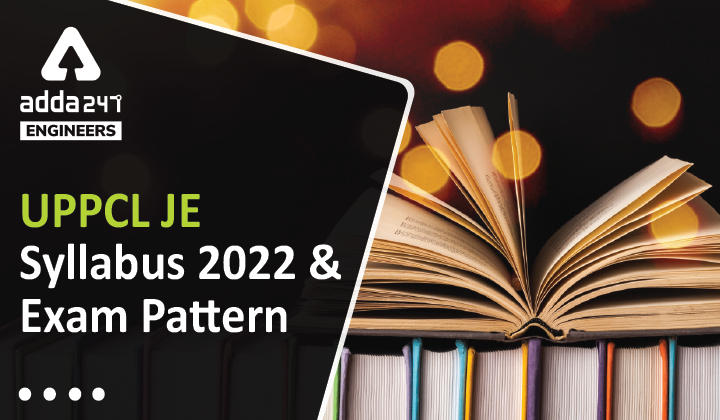
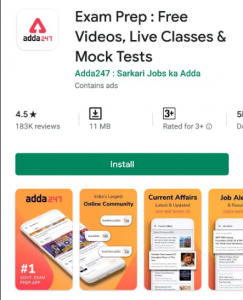

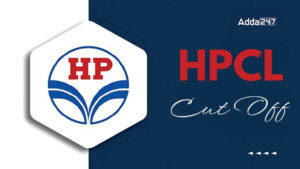 HPCL Junior Executive Cut Off 2025, Chec...
HPCL Junior Executive Cut Off 2025, Chec...
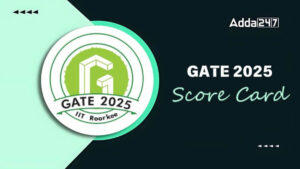 GATE Scorecard 2025 Out at gate2025.iitr...
GATE Scorecard 2025 Out at gate2025.iitr...
 How To Download GATE 2025 Scorecard, IIT...
How To Download GATE 2025 Scorecard, IIT...

